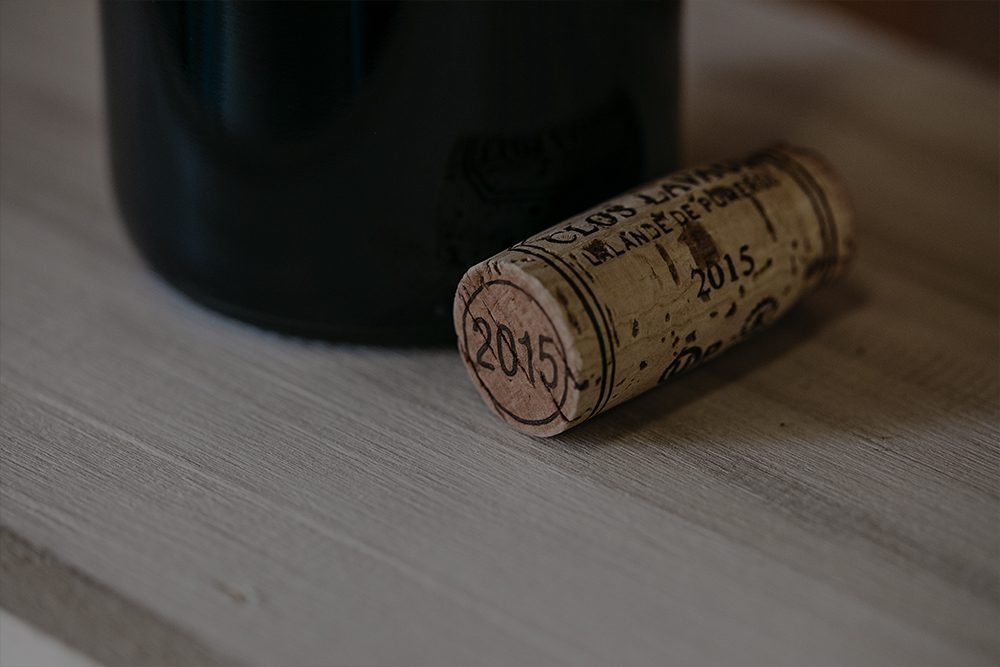While most of these posts have been chipper and inquisitive, if I do say so myself, this one is going to be a real downer. Why, you may ask? Isn’t wine all fun and joy, a business filled with long lunches and contemplative tastings. Not so. Well, not mostly so, although those are some major perks. Indeed, we are going through a bit of a dark time, where uncertainty reigns, and the wine is anything but flowing. American based wine importers are up against it, bearing the wrath of a trade dispute between the US and France/EU. Without getting into the guts of it, the symbolic nature of wine, Champagne, and other luxurious and not so luxurious products are caught in a dispute over subsidized airline parts.
How is this relevant to you, dear reader, and this blog? The issue is the 25% tariff on wine that is currently in effect. Most wine imported now from France is subject to this very imposing and unfortunate cost. And that isn’t even the worst part. In fact, due to another trade dispute involving taxes on digital services, it’s even possible for the tariff on imported wine to go as high as 100%! Indeed you could certainly plan on paying $40 for your Provencal rose, if the importer is foolish enough to bother bringing it in. Shelves will be bare, only to be replaced with inferior wine from inferior regions (sorry, Greece and Croatia), while fellow oenophiles in unaffected areas will be enjoying the Bordeaux and Burgundy that we should have in our cellars stateside.
But more importantly, the threat of 100% tariffs will all but ensure that we will no longer have an adequate supply of kosher European wines in the US. Importer and retailers know that consumers won’t pay $40 for their $20 rose, and rightly so. There are always alternatives. and consumers will find a way to scratch their itch without European wines. Long term however, the family producers that have been making these wines will suffer greatly. Additionally, the importers and curators who source these interesting kosher European wines will also be out of business, inasmuch as the consumer will not go along with the increased pricing. It’s a very unpleasant situation, and unfortunately it’s getting more and more grim. We can say with near certainly that even if the tariffs are stabilized at current rates, they are probably never going to be totally removed.
What that means to the consumer is more nuanced. Existing inventory that is stateside has already been paid for by the importers at pre-tariff pricing. So when that product is replaced, it will naturally become more expensive. The key move for kosher wine consumers today is to purchase existing stateside inventory in as much quantities as one can afford to store, as a hedge against the near certain increase in wine pricing. Shameless plug? Maybe, but consider this: Nobody wants to pay $100 for something they bought for $60 last week. So take some joy in the current misery, do some shopping, and pray that we get through this mess, intact. The wine business, there’s nothing like it!


